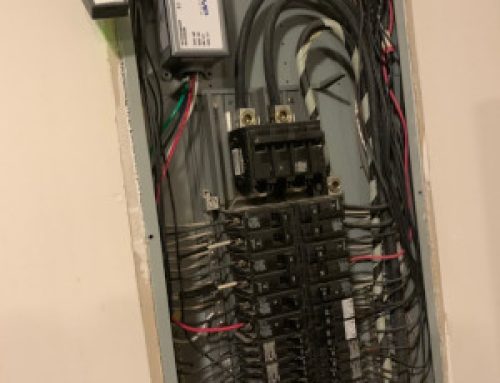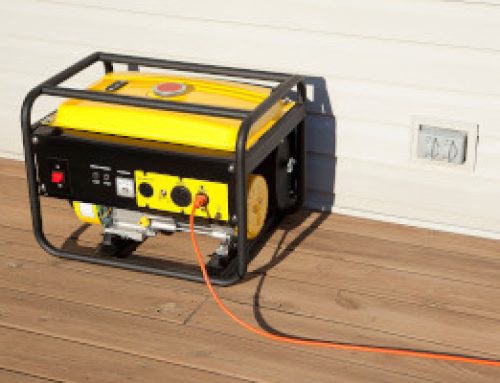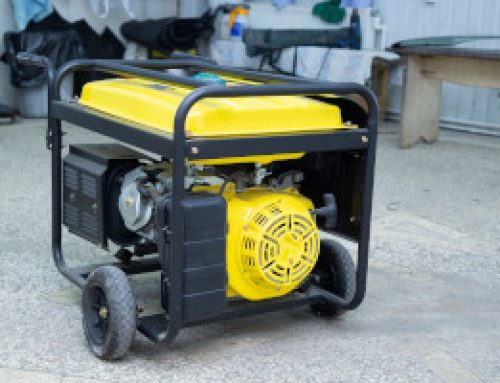With power outages increasing due to extreme weather, a whole-home generator is a smart investment for homeowners. Unlike portable generators, which provide limited backup power, a standby generator delivers automatic, uninterrupted power to essential appliances like refrigerators, HVAC systems, medical devices, and security systems.
But what is the whole-home generator installation cost?
The total price depends on several factors, including generator size, fuel type, electrical setup, and permits. This article breaks down average costs, key pricing factors, and major benefits so you can make an informed decision.
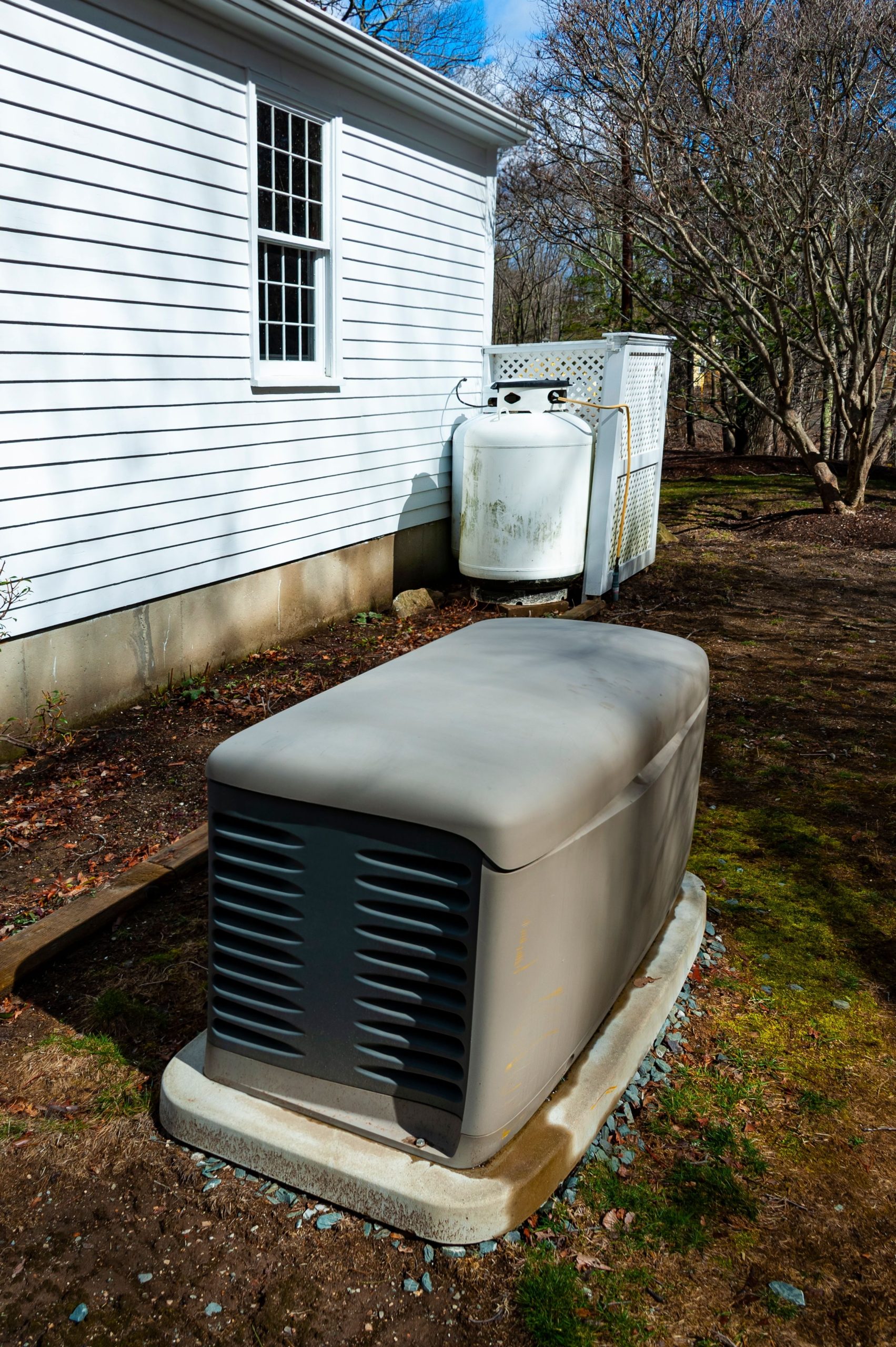
Average Generator Installation Cost?
The total cost of installing a generator typically ranges from $5,000 to $20,000, covering:
- Generator unit
- Labor and wiring
- Concrete pad installation
- Permits and inspections
The national average cost is about $4,906.
Generator Costs by Fuel Type
Natural Gas Generators ($5,000 – $16,000)
Connected directly to your home’s natural gas line, these generators offer unlimited runtime as long as the gas supply remains active.
Best for homes with an existing gas connection, they require minimal fuel storage but may have higher upfront installation costs.
Propane (LP) Generators ($5,500 – $17,000)
Propane generators run on liquefied petroleum (LP) gas, stored in above-ground or underground tanks. They are a good alternative in areas without natural gas access.
Diesel Generators ($7,000 – $23,000)
Diesel generators use diesel fuel and are known for their efficiency, durability, and high power output. They are commonly used in industrial and commercial settings, but can be an option for residential backup power.
Gasoline Generators ($3,500 – $12,000)
Gasoline-powered generators are less common for whole-home backup power but are sometimes used for temporary or portable backup solutions.
7 Factors That Affect Whole-Home Generator Installation Costs
Several things impact the generator installation cost. Understanding these factors helps you plan your backup power system.
1. Generator Size & Power Output
The larger the generator (measured in kilowatts or kW), the higher the cost. A 10-14 kW generator can power small homes, while 20-30 kW models are needed for larger homes with central HVAC systems and multiple appliances.
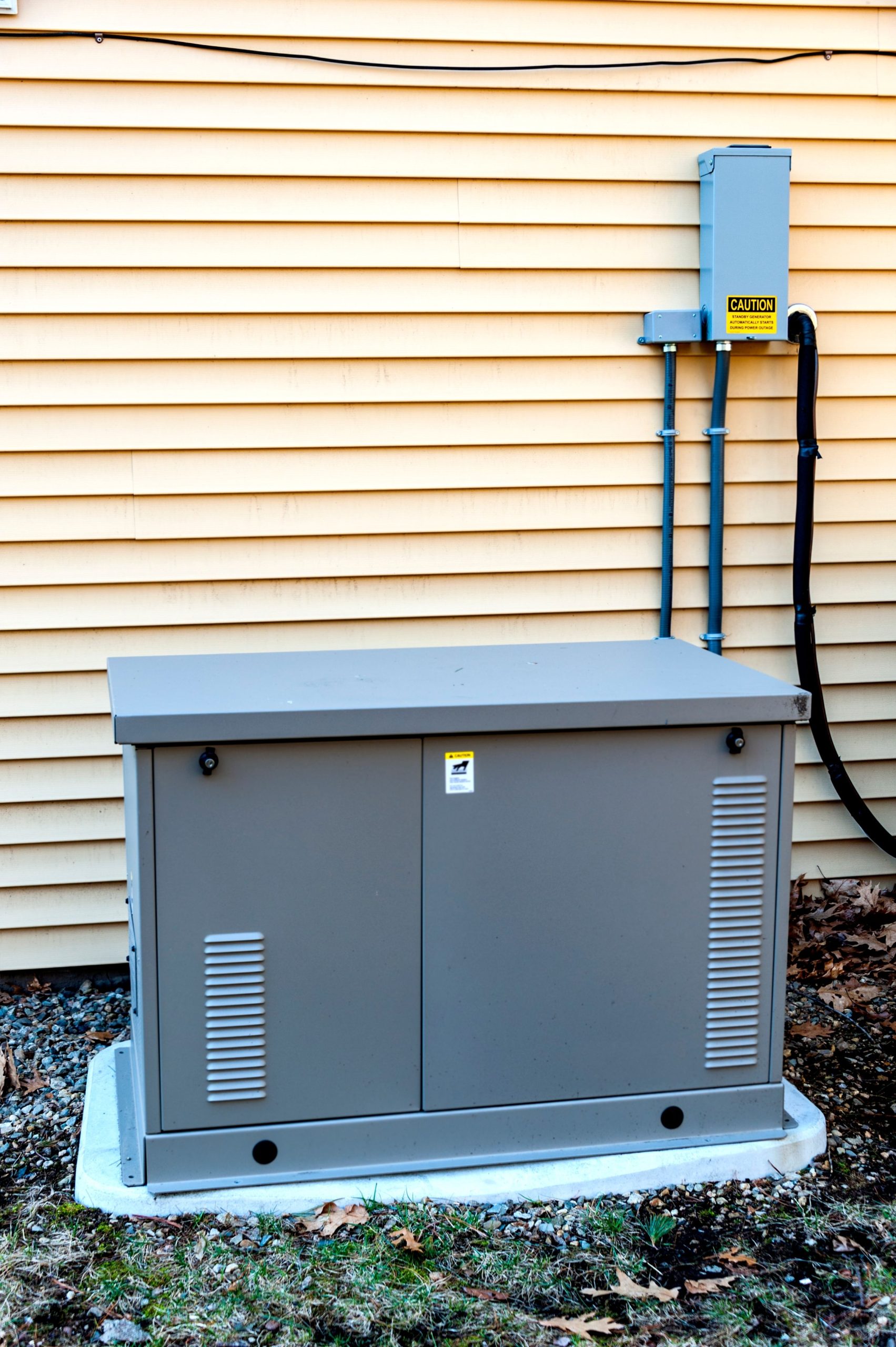
2. Fuel Type
Your generator’s fuel type can also affect installation costs. For example, natural gas generators often lower costs if you already have a gas connection; otherwise, a propane generator could be the cheaper choice.
3. Brand and Model
Generac, Kohler, and other generator brands offer different features and warranties, affecting the price. Research various standby generator options and reviews.
4. Installation Location
Placing the generator near your home’s electrical panel and gas meter reduces installation costs. Shorter wiring and piping distances are cheaper.
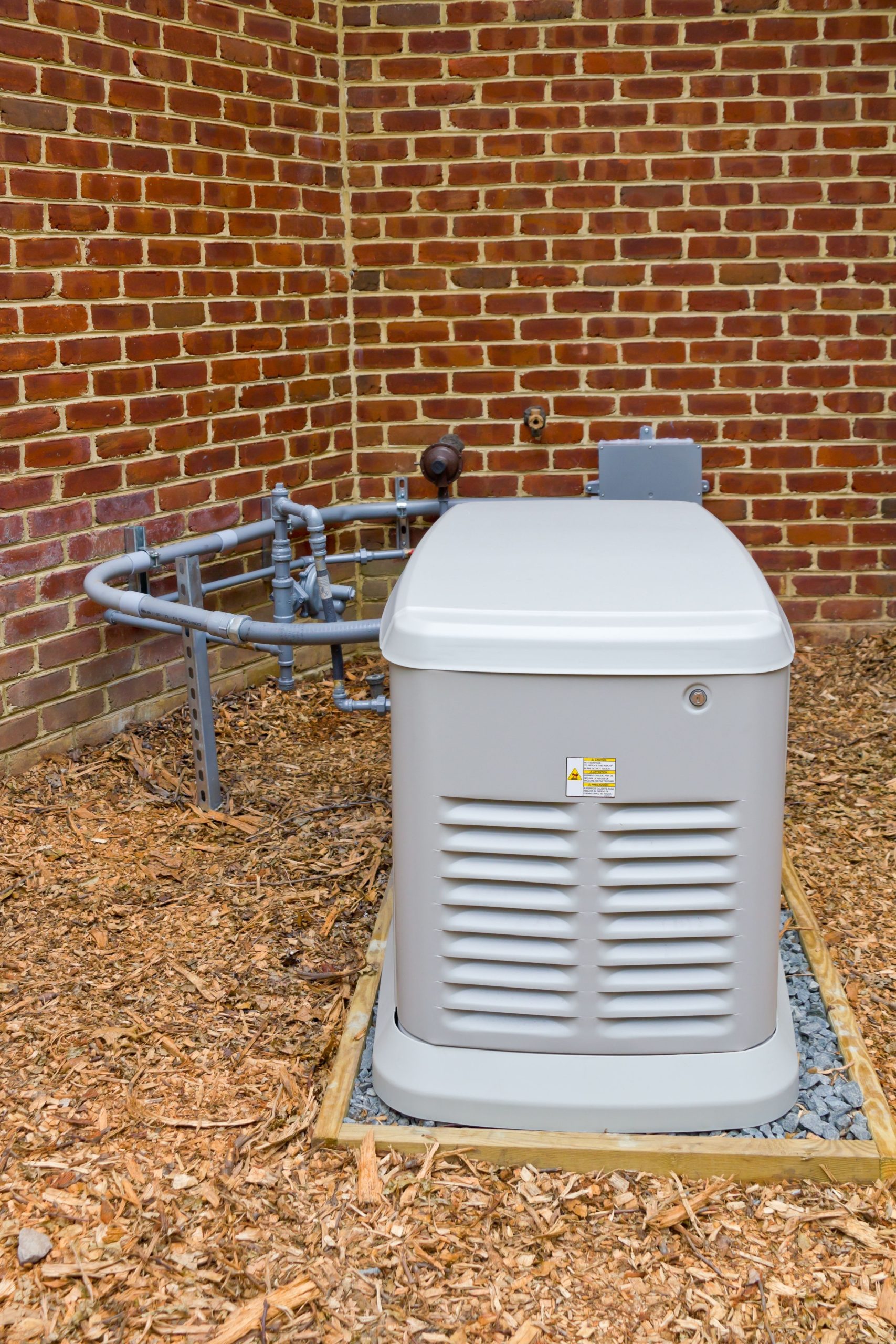
5. Transfer Switch
An automatic transfer switch is essential; it detects outages and starts the generator, safely transferring power from the electric company.
6. Electrical Work
Upgrading your electrical panel and wiring increases project complexity and cost. The electrical panel may also be referred to as a load center.
7. Permits
Costs vary locally. Check your local rules and add at least $200 if required. The installation company may handle permits, sometimes bundling those costs into the initial installation price.
Why You Should Install A Whole-House Generator
Investing in a whole-house generator offers valuable advantages beyond simply powering your home during an outage. It provides consistent power, protecting appliances. Here’s a detailed look at its benefits:
Uninterrupted Power
Whole-house generators automatically turn on during power outages, ensuring continuous power. This minimizes disruptions to your essential circuits.
Safety and Security
Generators power essential systems. This keeps lighting, security systems, and medical devices running. They also protect sensitive equipment, like computers and hard drives, from voltage surges.
Home Protection
A power outage puts your pipes at risk during bad weather. A home generator regulates temperature, minimizing home damage. This automatic backup power protects against potential burst pipes.
Convenience
Unlike portable generators, whole-house systems need no manual fueling or starting. You won’t need to manage perishables, use flashlights, or worry about battery replacements. The system detects outages and starts seamlessly.
Increased Home Value
A whole-house generator is a great selling point. This provides peace of mind during harsh weather, increasing buyer demand. You might estimate a 60% return on investment at the sale.
Frequently Asked Questions
Keep Your Lights On
Don’t wait until the next power outage leaves you in the dark! A whole-house generator ensures reliable, uninterrupted power during storms, blackouts, and emergencies.
At Brand Home Service, our licensed electricians specialize in professional generator installation in Lafayette, IN, from selecting the right unit to full system integration.
With professional service, quality workmanship, and reliable support, you can have peace of mind, knowing your home will stay powered when you need it most.
Schedule a consultation today for whole-house generator installation cost and take the first step toward a fully powered home!

